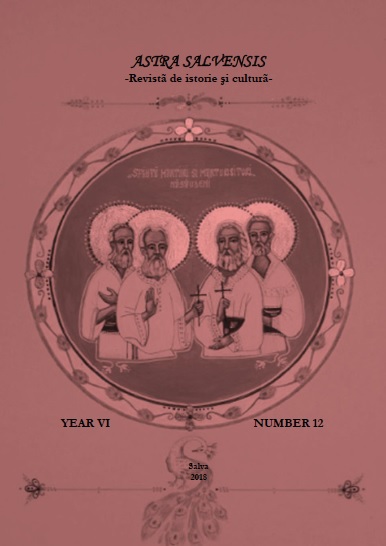Pedagogical Management as the Theory and Practice of Management of Educational Process: Case Study of Kazakhstan
Pedagogical Management as the Theory and Practice of Management of Educational Process: Case Study of Kazakhstan
Author(s): Gulzhan ISATAYEVA, Sholpan Arzymbetova, Gulmira DAIYRBEKOVA, Nurkassim SHEGENBAYEV, Aidaikyz BaibatshayevaSubject(s): Social Sciences, Education, Geography, Regional studies
Published by: Asociaţiunea Transilvană pentru Literatura Română şi Cultura Poporului Român - ASTRA
Keywords: pedagogical management; educational systems; management of the educational process; management in education; types of leadership;
Summary/Abstract: The article deals with the concept of pedagogical management practice in Kazakhstan, the content of which is aimed at developing a culture of management activity in the field of education. From the position of management of educational systems and processes, pedagogical management is a branch of pedagogy, the subject of which is the issues of the organization of management in the sphere of education and in educational and upbringing institutions. Pedagogical management includes the following levels: management of the pedagogical collective; management of the activities of the teacher; management of student activities. The main tasks of pedagogical management are setting goals and objectives; process planning; resource support of the process; ensuring high motivation of participants; control and coordination of the process; analysis of results. Management in the field of education and upbringing has such specific features as direct and personally included interaction with all subjects of the educational process; the need for differentiation and individualization of educational services; the dependence of the functioning of the organization on the behavior of consumers; the complexity of determining the quality parameters; the need to have perfect skills in working with consumers, and others. The role of the head of an educational institution acting as a leader is shown, and leadership is indicated that is necessary for the head of an educational institution in order for his organization to be considered successful (technical, human, educational, symbolic, cultural leadership). To successfully ensure a holistic educational process, the leader must skillfully combine in him and his work various types of leadership, carry the experience of a multifaceted construction of educational reality as a medium for the full formation of the personality of the trainees and the effective work of the pedagogical collective.
Journal: Astra Salvensis - revista de istorie si cultura
- Issue Year: VI/2018
- Issue No: 12
- Page Range: 39-52
- Page Count: 14
- Language: English

